Posted on 3/28/2025

If you’ve ever wondered why your tires wear out faster after driving certain routes, you’re not imagining things. Not all roads are paved the same way, and the condition and design of the roads you regularly drive on can greatly impact how long your tires last. Even with quality tires and regular maintenance, certain environments are simply harder on rubber than others. Knowing what kind of road conditions accelerate tire wear can help you make smarter decisions—not just about where you drive, but also how you care for your tires. Rough and Broken Pavement Cracked, crumbling, or poorly maintained roads are brutal on tires. Every time you hit a pothole or a jagged patch of pavement, your tires absorb the impact. This causes more than just surface damage—it can weaken the tire structure, knock your alignment out of spec, or even cause sidewall bulges that shorten a tire’s life. Some roads are in such rough shape that no matter how carefu ... read more
Posted on 2/28/2025
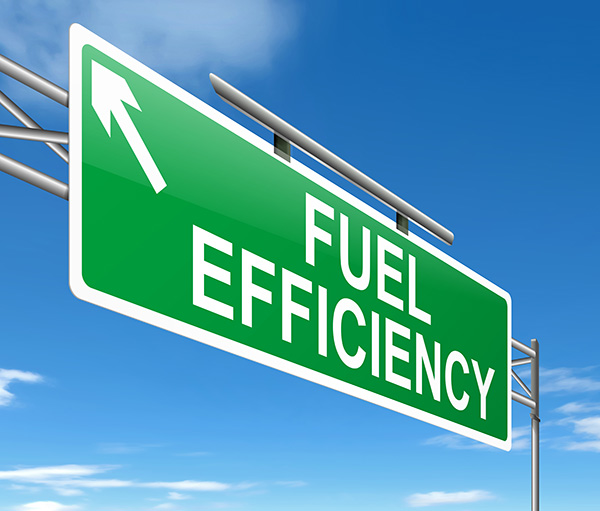
With gas prices all over the place, getting the most out of every gallon is a priority for many drivers. A drop in fuel efficiency can come from worn-out parts, poor maintenance, or even everyday driving habits—but the good news is, small adjustments can go a long way. If you’re looking to cut costs at the pump and keep your engine running efficiently, what steps can you take to make a real difference? 1. Keep Up with Regular Maintenance A well-maintained vehicle runs more efficiently, using less fuel to perform the same tasks. Routine maintenance can prevent small issues from turning into costly problems. Key services that help improve fuel economy include: Oil changes – Clean oil reduces engine friction and improves performance. Air filter replacements – A clogged air filter makes the engine work harder, burning more fuel. Spark plug inspections – Worn spark plugs can lead to incomplete combustion and wasted gas. Fuel system cleani ... read more
Posted on 1/31/2025
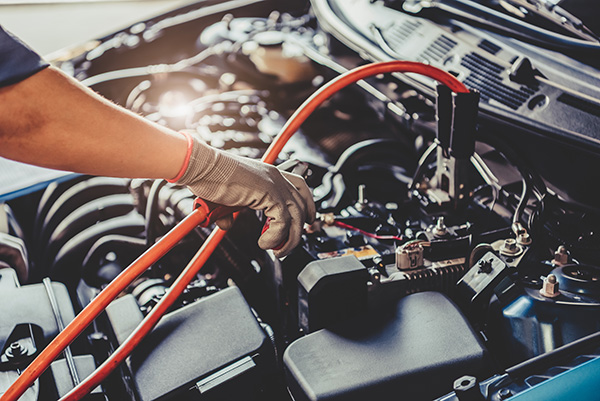
Nothing is more frustrating than heading to your car, turning the key (or pressing the button), and realizing that your vehicle won’t start. It’s an inconvenience at best and can feel downright overwhelming at worst. But before you panic or assume the worst-case scenario, take a deep breath and consider the possible reasons. Often, a no-start situation is caused by an issue that can be resolved with some quick troubleshooting. Check the Battery A dead or weak battery is one of the most common reasons a car won’t start. If you hear a clicking sound when you turn the key or the interior lights don’t come on, your battery might be the culprit. Batteries can lose charge due to age, extreme temperatures, or leaving lights on overnight. If you have jumper cables and another vehicle available, jump-start your car to see if the battery is the issue. If the car starts after the jump, the battery may need a full charge or replacement. However, if jump ... read more
Posted on 12/20/2024
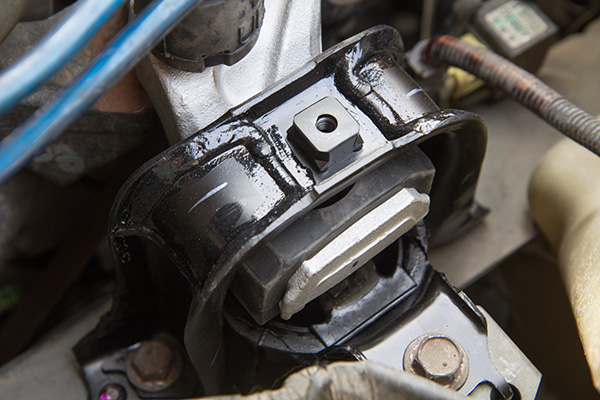
Ever noticed unusual vibrations when driving your car? It’s one thing to experience a slight shake from uneven road surfaces, but persistent vibrations could point to underlying issues. Among the less common culprits are faulty transmission and engine mounts, two components that keep your vehicle stable and secure. If you’re driving around Sarasota, FL, and dealing with this problem, it’s time to get to the root of it before it leads to bigger headaches. What Do Engine and Transmission Mounts Actually Do Your car’s engine and transmission mounts serve an essential purpose. These mounts secure the engine and transmission to the car’s frame, keeping them in place during acceleration, braking, and turning. They also absorb vibrations, ensuring a quieter and more comfortable ride. Without these mounts functioning properly, you’d feel every bump and shake directly from the drivetrain. Engine mounts are typically made of metal and rubbe ... read more
Posted on 11/29/2024
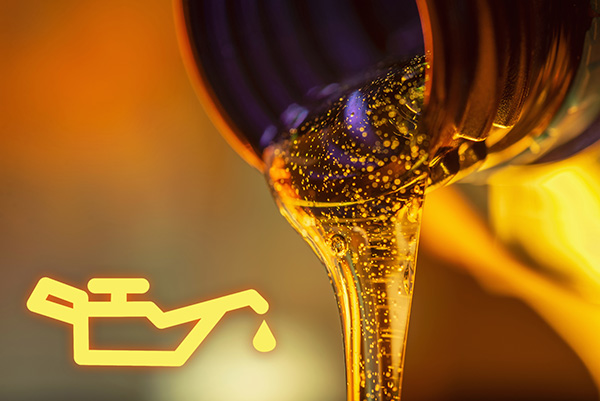
If you’ve ever stood at the service counter debating which oil to choose for your car, you’ve likely noticed that synthetic oil comes with a higher price tag. You might wonder, “Is it worth the cost?” or “Why is synthetic oil more expensive than conventional oil?” While it may feel like a splurge, the reasons behind synthetic oil’s price reveal its value. The Science Behind Synthetic Oil Unlike conventional oil, which is refined from crude oil, synthetic oil is engineered from chemically modified base oils. This process isn’t just about extraction; it’s about creating a highly stable, uniform product. Engineers meticulously design synthetic oil molecules to perform better under stress, resist breaking down at high temperatures, and provide superior lubrication. This precision comes at a cost, as the manufacturing process is far more complex than simply refining crude oil. In short, synthetic oil isn’t just ... read more
Posted on 10/31/2024
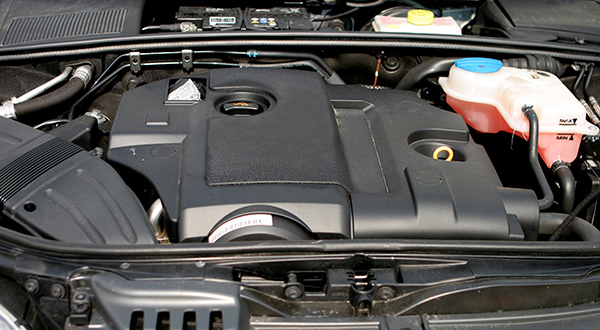
You’re sitting at a red light, your car’s engine is running, and suddenly, you feel an unexpected shake or vibration. What could be causing this? Car vibrations at idle can indicate an underlying issue that needs attention. Identifying the reason behind these vibrations is key to keeping your vehicle in good health and avoiding potentially costly breakdowns. Let’s explore the common causes of car vibrations when idle and what you can do to fix them. Engine Misfire One of the primary reasons your car may vibrate when idling is an engine misfire. In simple terms, a misfire occurs when one or more of the engine’s cylinders fail to ignite properly. This disrupts the engine’s rhythm, leading to noticeable vibrations. Misfires can happen for several reasons: Faulty spark plugs: Worn or dirty spark plugs can fail to ignite the air-fuel mixture in your engine, causing a misfire. Clogged fuel injectors: When f ... read more
Posted on 9/27/2024

Hydroplaning is one of those driving experiences that can send a chill down your spine. You’re driving through the rain, everything seems fine, and then suddenly, your car feels like it’s gliding uncontrollably across the road. It’s a dangerous situation that many drivers face, and one of the primary factors that contribute to hydroplaning is tire tread. But how exactly does the tread on your tires affect this slippery situation? What Is Hydroplaning? Hydroplaning occurs when a layer of water builds up between your car’s tires and the road, causing a loss of traction. When this happens, the tires are no longer gripping the road properly, and your vehicle can lose control. This is most likely to happen during heavy rain or on wet surfaces when the tires are unable to channel water away fast enough. Speed also plays a big role—hydroplaning is more likely to occur at higher speeds when water pressure between the road and tires builds up qui ... read more
Posted on 8/30/2024
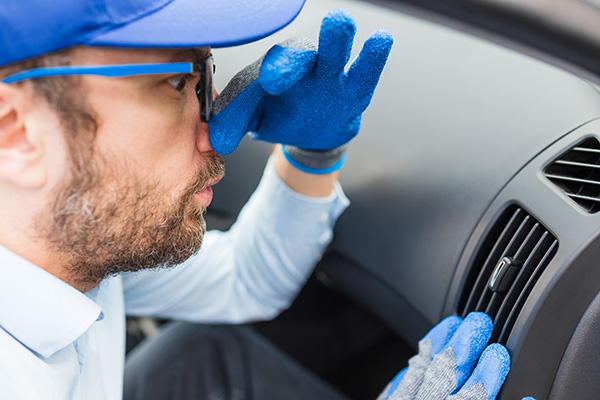
Have you ever stepped into your car and been hit with an unexpected, unpleasant odor? Your vehicle’s scent can tell you much more than whether it needs a good cleaning. In fact, certain smells can be the first signs of serious issues under the hood. Ignoring them could lead to bigger problems down the road. We will explain five strange odors you might encounter in your vehicle, what they mean, and why you shouldn’t ignore them. 1. Burning Rubber One of the most alarming smells you can experience in your car is burning rubber. While it’s easy to assume it’s just your tires after a long drive, the truth can be far more concerning. This smell could indicate an issue with your engine’s belts or hoses. If a belt is slipping or a hose is loose, it can come into contact with hot engine parts, leading to that distinct burnt rubber smell. What should you do? If you catch a whiff of burning rubber, it’s crucial to stop driving and inspect u ... read more
Posted on 7/26/2024
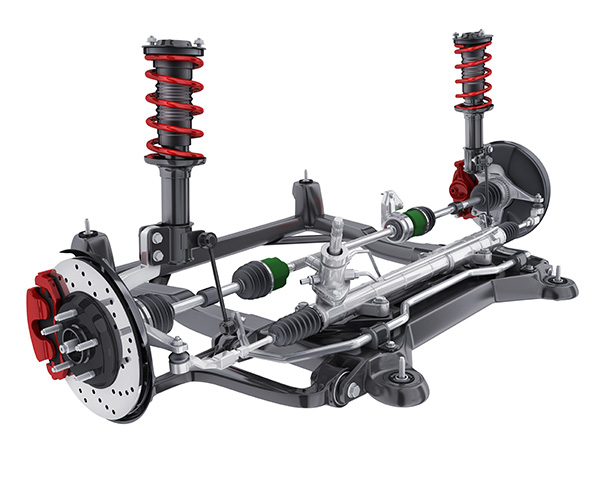
Have you ever felt like your car is bouncing more than usual? Or maybe you've noticed that it's pulling to one side when you drive. These might seem minor annoyances, but they could signal that your suspension system is in trouble. Your car's suspension is crucial for a smooth and safe ride, absorbing shocks from the road and helping you maintain control of your vehicle. Ignoring suspension issues can lead to more significant problems and even dangerous driving conditions. So, how do you know when your suspension needs repair? Here are seven key signs to watch out for. 1. Excessive Bouncing and Rattling If you notice that your car is bouncing excessively over bumps or uneven road surfaces, it's a clear sign that your suspension system is not functioning correctly. The suspension's primary role is to absorb shocks and keep your ride comfortable ... read more
Posted on 6/27/2024
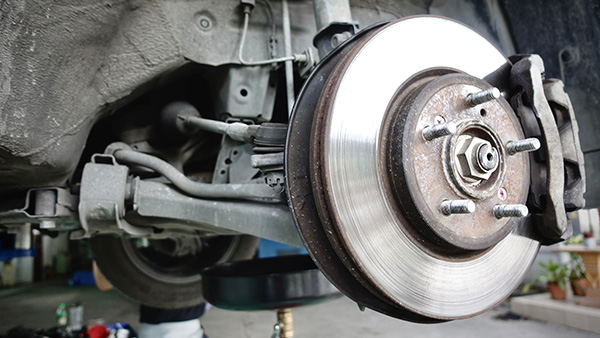
Ever found yourself in a sudden stop situation and felt that reassuring pulsing under your brake pedal? That's your car's ABS system kicking into action. Short for Anti-lock Braking System, ABS is a crucial safety feature that prevents your wheels from locking up during intense braking, allowing you to maintain control and steer your vehicle. But how does this lifesaving technology work? The Basics of ABS The Anti-lock Braking System (ABS) is designed to prevent your vehicle's wheels from locking up during braking, especially in slippery conditions. When wheels lock up, they skid on the surface, drastically reducing the car's ability to steer and stop effectively. ABS ensures that the wheels maintain traction with the road surface, giving you more control and reducing stopping distances. How ABS Works The ABS system is made up of four main components: speed sensors, a hydraulic pump, valves, and an electronic control unit (ECU). Eac ... read more